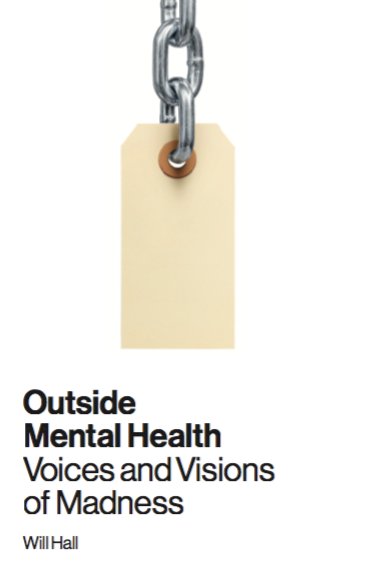Schizophrenia and Black Politics: Jonathan Metzl
First Aired: 06-11-2010 -- 4 comments | Add comment

How did the definition of schizophrenia change during the civil rights and Black Power era of the 1960s? Why did a disease primarily affecting withdrawn white housewives suddenly become focused on angry and “paranoid” African American men instead?
Psychiatrist and historian Jonathan Metzl, author of The Protest Psychosis: How Schizophrenia Became a Black Disease, discusses racism and social control in psychiatric diagnosis, and how Black protest was turned into a mental disorder and psychosis was a political tool.
jmetzl(at)umich(dot)edu
http://bit.ly/byOeIw
Podcast: Play in new window | Download (Duration: 52:03 — 47.7MB)
Subscribe: RSS





























 Creative Commons 2.5 copyright
Creative Commons 2.5 copyright
Further to listening to this interview, I have just ordered Jonathan Metzl’s book.
While, on the one hand it is very distressing that the concept of mental illness and the schizophrenia label can be and has been used in oppressive ways, on the other hand it is also heartening that a researcher who is not from the African-American community has taken the time and effort to research and document this phenomenon.
I am reminded of books like Black Like Me by John Howard Griffin and To Be One: A Battle Against Racism by Nathan Rutstein. Both are by white men who are striving to combat racism (the latter – his own racism).
As a Baha’i I believe in racial unity and that prejudice and oppression must be fought by all, irrespective of background or skin colour.
Thank you to Jonathan Metzl for striving to do this and to Madness Radio for playing their part too.
“So powerful is the light of unity that it can illuminate the whole earth.” Baha’i Faith
beautifully done. thanks to you both.
Risk of developing the disease susceptible men and women. In men, the first disorganized schizophrenia symptoms usually appear at an earlier age. Women are faced with a similar later
A quick footnote on Jonathan’s fascinating research.
Haldol, which he mentions is an “anti-psychotic” neuroleptic tranquilizer widely used at the Ionia hospital on incarcerated Black protesters, is the same drug that was used in the Soviet Union on political dissidents.
http://en.wikipedia.org/wiki/Leonid_Plyushch
There’s also evidence its use in Russia is returning:
http://www.washingtonpost.com/wp-dyn/content/article/2006/09/29/AR2006092901592.html?referrer=emailarticle
This drug is still in widespread use in the US; over the years I have noticed it tends to be used with people who have extreme trauma histories and histories of conflict with their families and service providers; who are poor; and more frequently are people of color.